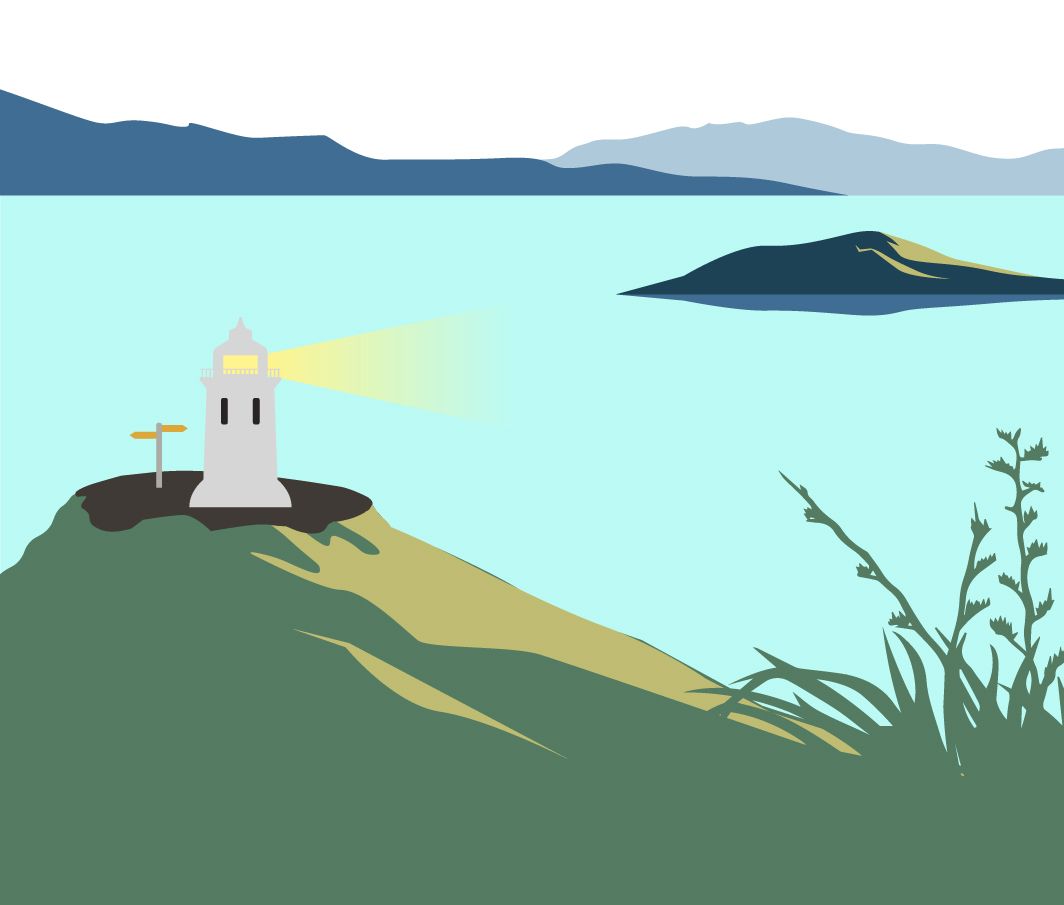Staying well
Toiora
Explore your options





Toiora
“That’s how I take care of myself. The laughter of mokopuna. The laughter of children. The hugs from your family. ”
- Michael Naera (Te Arawa, Ngāti Uenukukopako)
You’re not alone.
Listen to the stories of many in Aotearoa who've walked this path.

Strengthen the posts of your house for all to thrive.

This website is lovingly managed by the dedicated team at Te Whatu Ora | Health Promotion. We've collaborated with those who've bravely navigated life's challenges, skilled health practitioners and community leaders to craft this website.
We're here to offer understanding, validation and practical advice for those navigating depression and anxiety. Our mission is to lessen the impact of these challenges on New Zealanders' lives by promoting early recognition, encouraging help seeking and fostering supportive communities.
This website is lovingly managed by the dedicated team at Te Whatu Ora | Health Promotion. We've collaborated with those who've bravely navigated life's challenges, skilled health practitioners and community leaders to craft this website.
We're here to offer understanding, validation and practical advice for those navigating depression and anxiety. Our mission is to lessen the impact of these challenges on New Zealanders' lives by promoting early recognition, encouraging help seeking and fostering supportive communities.